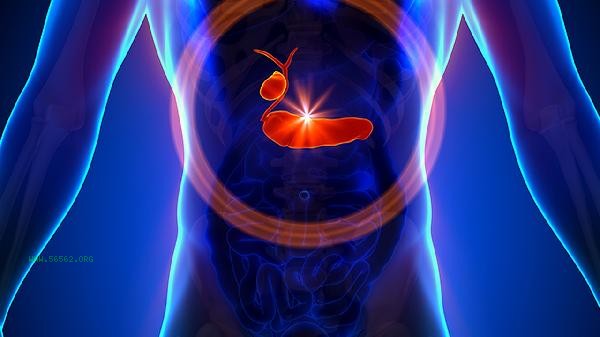Not being overweight but consistently high in cholesterol may be related to genetic factors, imbalanced dietary structure, lack of exercise, metabolic abnormalities, hypothyroidism, and other factors. Elevated cholesterol is not only related to weight, thin people may also have abnormal indicators due to abnormal metabolic mechanisms or unhealthy lifestyle habits in the body.

1. Genetic factors
Familial hypercholesterolemia is a common genetic disease, and even if patients are thin, their low-density lipoprotein cholesterol levels will significantly increase. This group of people has congenital defects in the liver's ability to clear cholesterol, which need to be diagnosed through genetic testing. It is recommended that individuals with a family history undergo regular blood lipid screening and early medication intervention if necessary.
2. Imbalance in dietary structure
Long term excessive intake of trans fatty acids and saturated fatty acids can stimulate the liver to synthesize more cholesterol, which is common in people who frequently consume fried foods, fatty meat, and butter. Although some thin people have low calorie intake, a high proportion of high cholesterol foods such as animal organs and egg yolks in their diet can also lead to increased absorption of exogenous cholesterol.
3. Lack of exercise
Aerobic exercise can increase high-density lipoprotein levels and promote low-density lipoprotein metabolism. Long term sitting can lead to a decrease in lipoprotein lipase activity, affecting cholesterol transport and breakdown. At least three sessions of brisk walking, swimming, and other exercises lasting at least half an hour per week are required to effectively regulate blood lipids.

4. Metabolic abnormalities
Insulin resistance can alter the hepatic lipid metabolism pathway, promoting an increase in cholesterol synthesis. These patients often have excessive waist circumference or fatty liver, but their overall weight may still be within the normal range. By detecting fasting blood glucose and insulin levels, metabolic status can be evaluated, and improving insulin sensitivity can help regulate cholesterol.
5. Hypothyroidism
Thyroid hormones are involved in cholesterol breakdown metabolism, and hypothyroidism patients may experience a decrease in cholesterol clearance rate due to insufficient hormone secretion. Typical symptoms also include fear of cold, fatigue, constipation, etc. The diagnosis can be confirmed by testing thyroid stimulating hormone, and blood lipids often improve significantly after supplementing thyroid hormone. For people with normal weight but high cholesterol, it is recommended to adopt a Mediterranean diet pattern, increase intake of unsaturated fatty acids such as olive oil, deep-sea fish, nuts, and strictly control processed foods. Maintain moderate aerobic exercise combined with resistance training every week to avoid staying up late and excessive stress. If the indicators still do not improve after lifestyle intervention, it is necessary to seek medical attention to investigate potential causes such as thyroid disease, liver and kidney lesions, and doctors may prescribe statins or cholesterol absorption inhibitors for intervention. Regular monitoring of blood lipid changes is essential to prevent atherosclerosis.









Comments (0)
Leave a Comment
No comments yet
Be the first to share your thoughts!